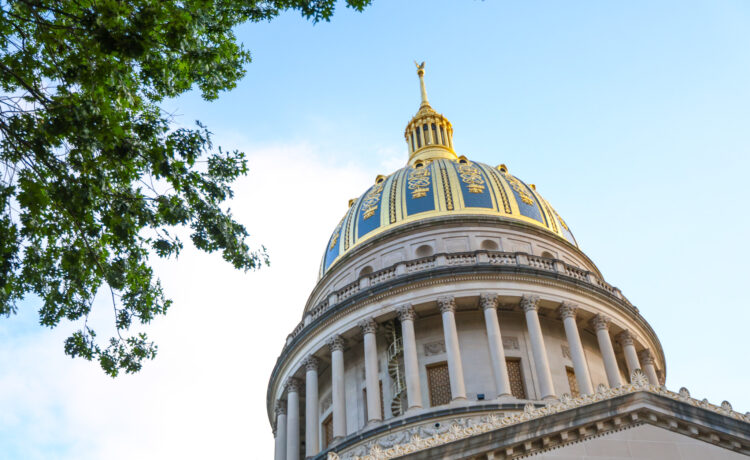CHARLESTON, W.Va. — The West Virginia Investment Management Board voted Wednesday to enact a policy to divest from companies controlled by the Chinese Community Party. The vote follows a resolution from earlier tis year to begin the divestment process and ban future investment in companies owned or controlled by China.
“The Chinese Communist Party is our biggest geopolitical foe and poses a national security risk to West Virginians and Americans,” said Governor Patrick Morrisey in a statement after the vote. “Thank you to the Investment Management Board for putting a plan in motion to carry out my requested resolution to divest from the CCP. By early 2026, West Virginia will no longer have investments in Chinese state-owned entities.”
State Treasurer Larry Pack was one of those who also pushed for the policy back in May. He too issued a statement.
“Just like President Donald Trump is working diligently to put American interests first, we must do our part to hold bad foreign actors accountable,” Pack said. “The board’s decision is a step in the right direction to ensure that we put our citizen’s interests first and do not put American dollars at risk. There is no reason for us to invest in a country that is working against our way of life and at the same time, divesting in China means investing more dollars in our great state.”
Pack previously proposed a a similar policy to the West Virginia Board of Treasury Investments. The WVBTI approved the policy in March and prevents investment in any companies affiliated with the government of the Peoples Republic of China, Chinese Communist Party, or Chinese military.
The WVBTI manages $10 billion in short-term state and local government operating funds. The WVIMB is the entity responsible for the long-term investments of the State of West Virginia, managing over $28.5 billion. The West Virginia Investment Management Board manages the assets of Defined Benefit Plans for Teachers, Deputy Sheriffs, Public Employees, State Police, Division of Public Safety, and Judges; along with the Workers’ Compensation Fund, the Coal Workers’ Pneumoconiosis Fund, the Wildlife Endowment Fund, several endowment funds, insurance plans, and municipal plans.


